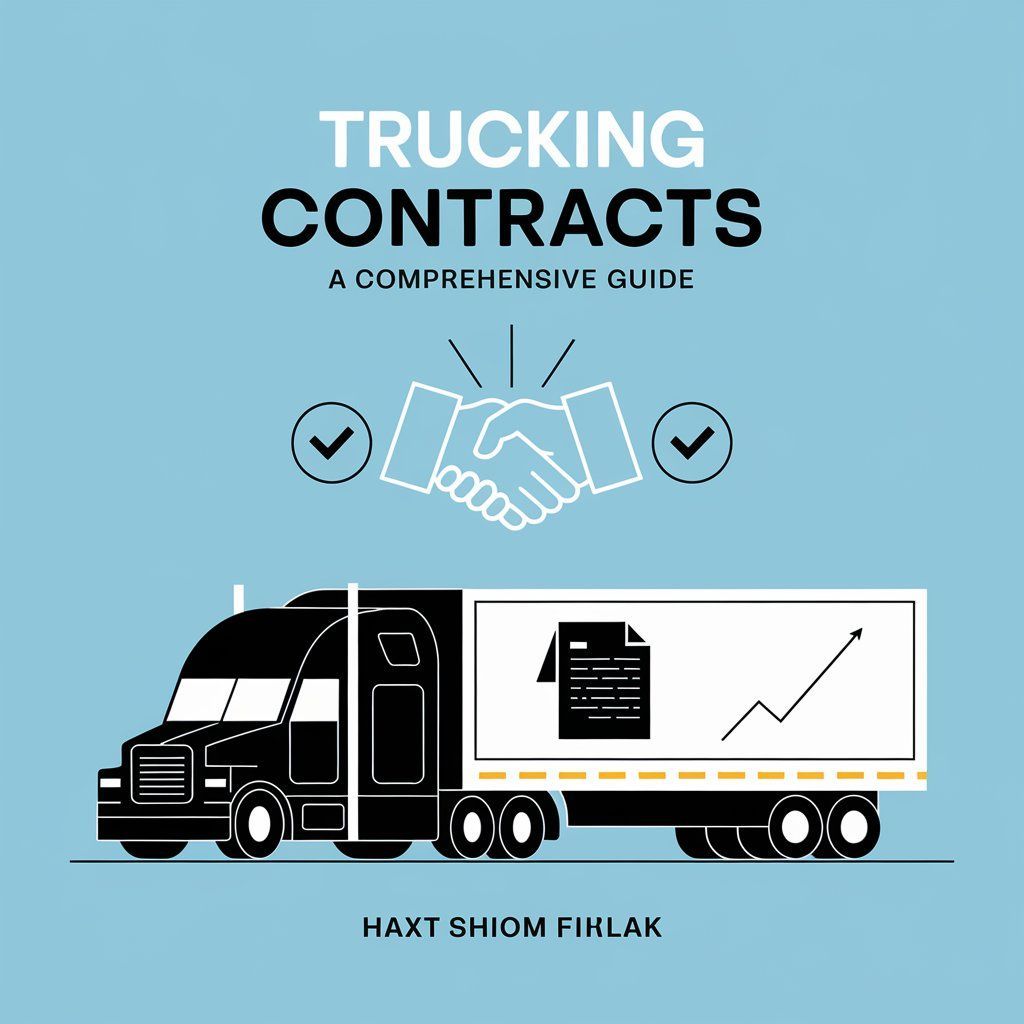Starting a Successful Trucking Company: Key Steps and the Role of Factoring
Starting and Sustaining a Thriving Trucking Company with Strategic Steps and Financial Factoring

The trucking industry forms the backbone of modern commerce, transporting goods across vast distances and ensuring supplies reach their intended destinations. If you're considering diving into the world of trucking and dream of owning a successful trucking company, you're embarking on an exciting journey. While the road to success may seem challenging, with the right strategies and resources, you can build a thriving trucking business. In this article, we'll guide you through key steps to start a successful trucking company and shed light on the role of factoring, a crucial financial tool that can help fuel your growth.
Compliance, Regulations, and Safety
The trucking industry operates under a web of regulations designed to ensure safety on the roads and fair business practices. Familiarize yourself with regulations such as the Federal Motor Carrier Safety Administration (FMCSA) rules, which cover areas like hours of service, driver qualifications, and vehicle maintenance. Obtain the necessary permits and licenses to operate legally. Safety is paramount – prioritize driver training programs, and equip your fleet with advanced safety technologies. Prioritizing compliance and safety not only keeps your business on the right side of the law but also builds a reputation for reliability and professionalism.
Strategic Business Plan and Market Analysis
Before you hit the road, it's imperative to chart a clear course with a well-thought-out business plan. Your plan should encompass your business goals, target market, competitive landscape, pricing strategy, and growth projections. Conduct a comprehensive market analysis to understand the demand for freight services, identify potential clients, and uncover niche opportunities. Consider the types of cargo you'll specialize in transporting – from perishables to hazardous materials – and tailor your plan accordingly. A robust business plan not only guides your initial steps but also serves as a roadmap for navigating future challenges.
Fleet Acquisition and Maintenance
Your fleet of trucks is the lifeline of your trucking company, so meticulous fleet management is paramount. Start by choosing the right type of trucks that align with your cargo and route preferences. Balance factors like fuel efficiency, cargo capacity, and maintenance costs. Explore options for leasing or purchasing vehicles based on your financial capacity. Regular maintenance is non-negotiable – well-maintained trucks not only ensure timely deliveries but also prevent costly breakdowns on the road. Implement a preventive maintenance schedule and invest in qualified mechanics to keep your fleet in top-notch condition.
- Key Takeaways:
- Compliance with industry regulations and prioritizing safety build a reputation for professionalism and reliability.
- A strategic business plan guides your trucking company's journey, encompassing goals, market analysis, and growth projections.
- Meticulous fleet management, from selecting the right trucks to regular maintenance, ensures efficient operations and timely deliveries.
The Positive Impact of Factoring for Trucking Start-ups
Starting a trucking company requires substantial financial investment, and many start-ups face cash flow challenges due to delayed payments from clients. This is where factoring comes in as a powerful tool to sustain and accelerate your growth. Factoring allows you to sell your accounts receivable to a third-party company, called a factor, at a discounted rate. This provides you with immediate cash flow, allowing you to cover expenses like fuel, maintenance, and payroll without waiting for clients to pay.
Factoring companies, like Atlas Factoring, specialize in providing funds to trucking companies based on their outstanding invoices. This instant injection of cash can help you take on more jobs, expand your fleet, and seize growth opportunities without being hindered by cash flow gaps. Moreover, factoring companies often handle collections, saving you time and resources that can be better spent on growing your business.
Embarking on the journey of starting a successful trucking company requires careful planning, diligent management, and strategic financial decisions. From crafting a comprehensive business plan to ensuring regulatory compliance and prioritizing safety, each step plays a vital role in your company's success. However, the road to success can be smoother with the right financial tools in place. Factoring is a game-changer for trucking start-ups, offering a solution to cash flow challenges and enabling you to focus on scaling your operations. Atlas Factoring is here to support your trucking business journey. Visit our website Atlas Factoring to learn more about how factoring can positively impact your start-up. For personalized guidance and a free consultation on choosing the right factoring solution for your business, call us at (866) 221-8690. Let's drive your trucking business toward success together.







VISIT US
HOURS
Monday - Friday
8:00am - 5:00pm MST
Closed All Major Holidays
We provide working capital to businesses in all 50 states.




Share On: